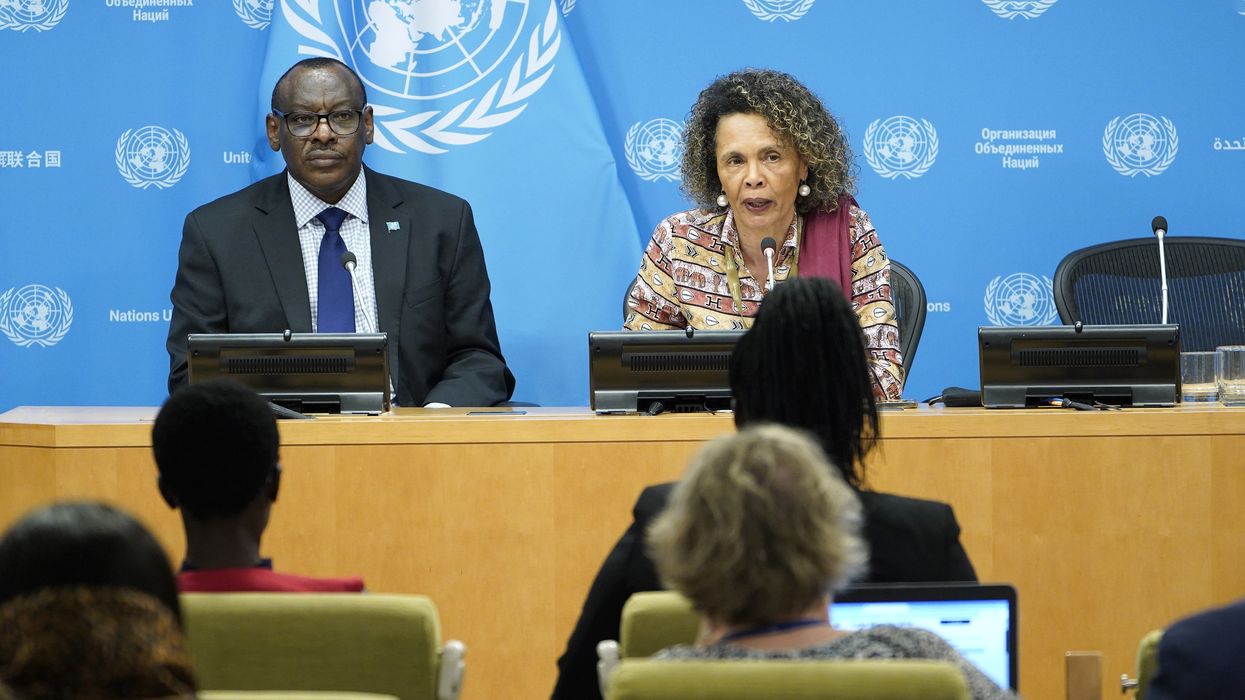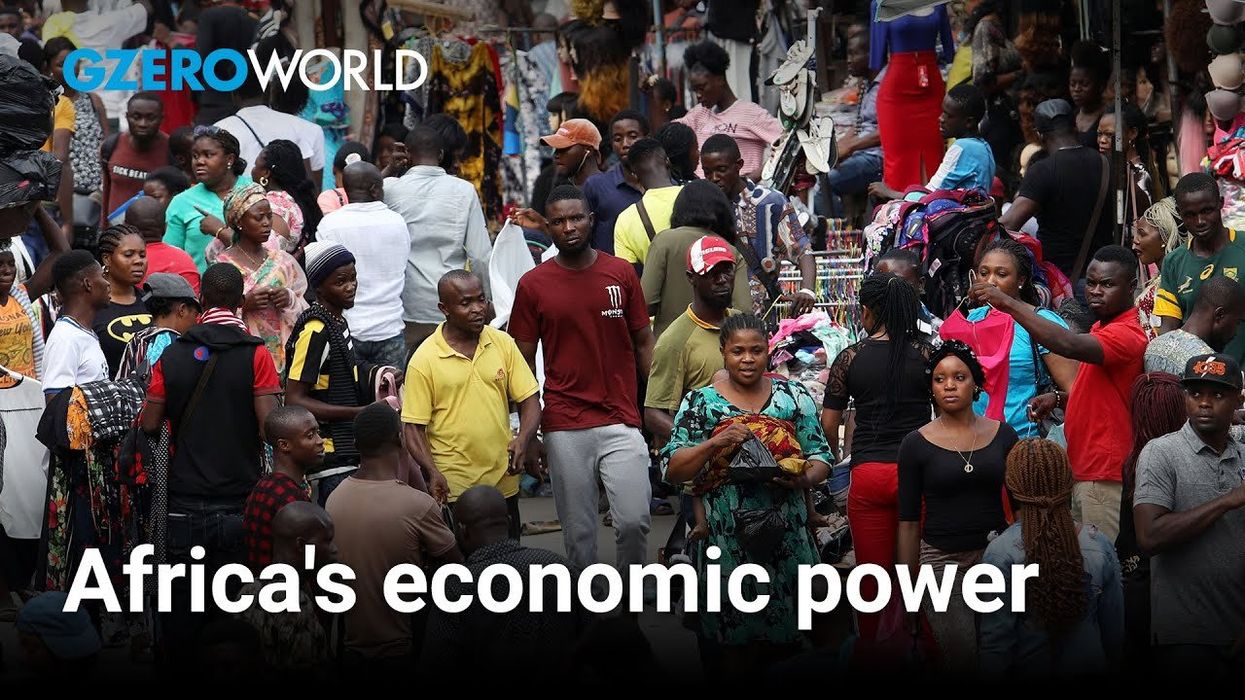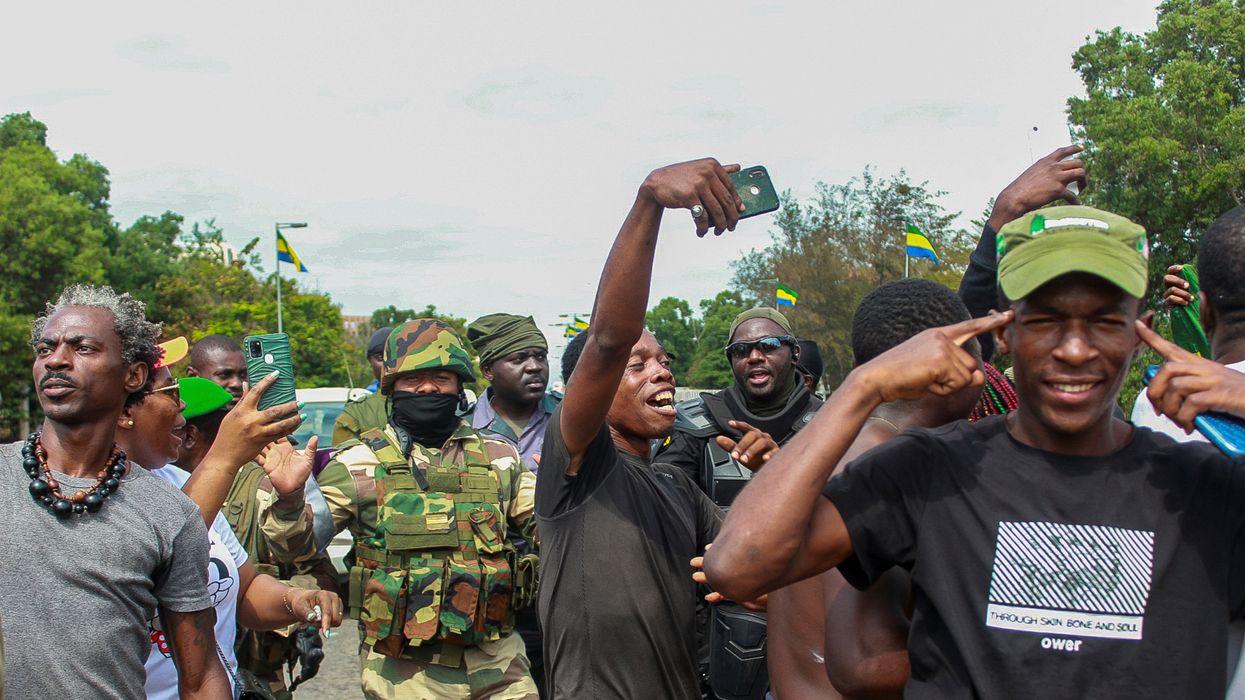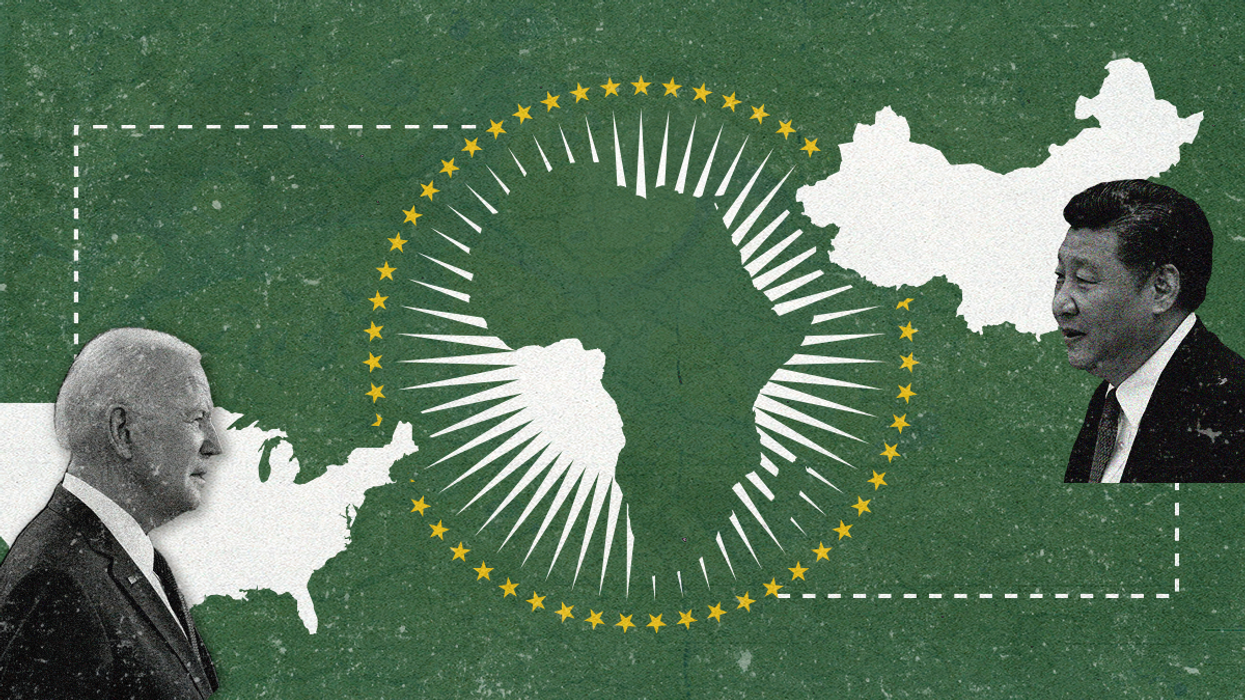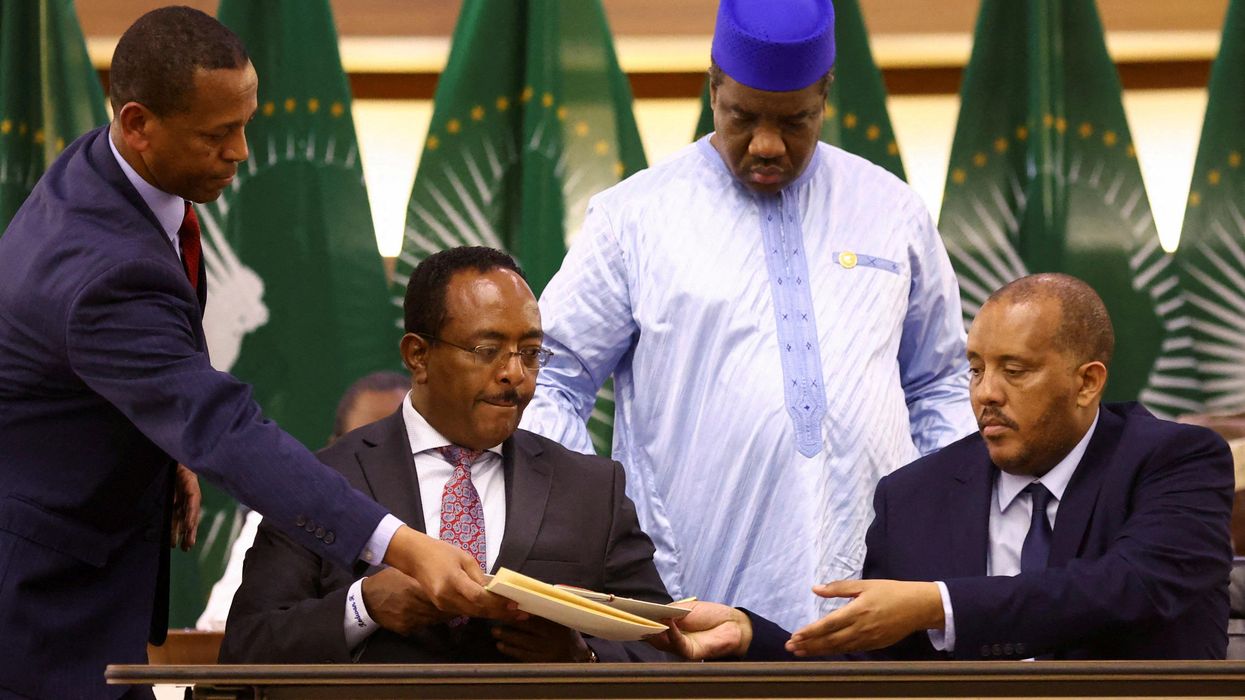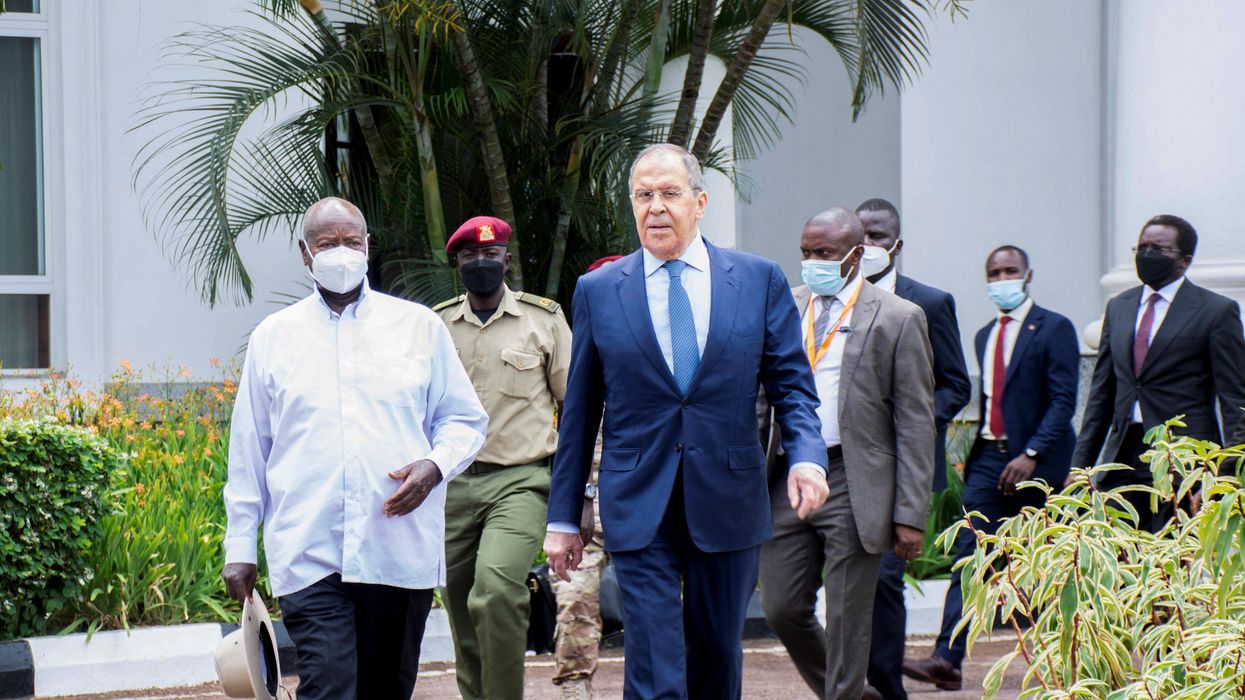What We're Watching
A permanent Security Council seat for Africa?
“We cannot accept that the world’s preeminent peace and security body lacks a permanent voice for a continent of well over a billion people — a young and rapidly growing population — making up 28 percent of the membership of the United Nations.”
Aug 13, 2024
